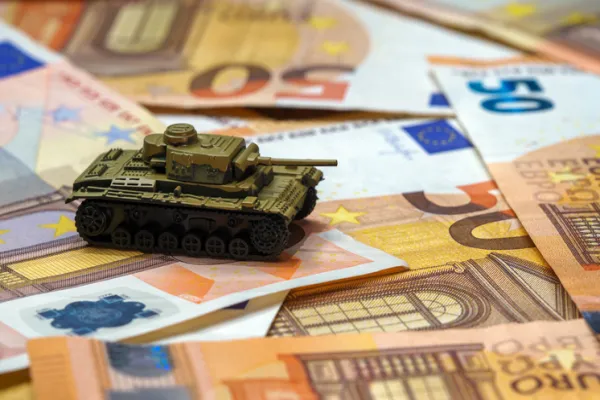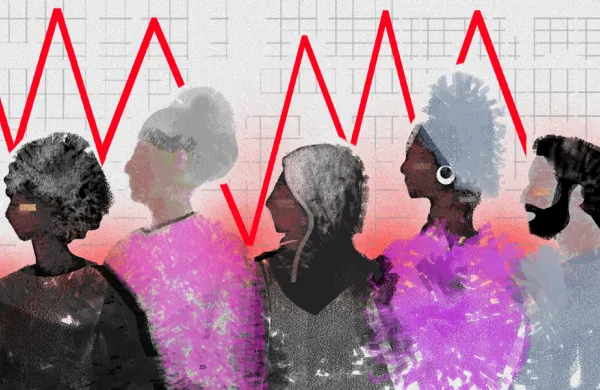Nothing defines a crisis so much as the way it challenges time-honored assumptions and disrupts the established order of things. One of the first symptoms of the financial distress was the sudden meltdown of quantitative investment funds, which rely on the predictability of relationships between securities. As the crisis has progressed, it has claimed as victims no small number of onetime titans — John Thain, meet Chuck Prince, Dick Fuld and Marcel Ospel. Today’s disarray in financial markets can be explained in part by disorientation. Bereft of familiar faces, landmarks and strategies, many investors, bankers and policymakers are unsure which way to turn.
In this issue we look at how a number of individuals, countries and institutions are coping with wrenching disruption. Arguably no corner of the globe has experienced such a brutal change of fortunes over the past year as the Middle East. Less than eight months ago, the region was awash in the revenues generated by record oil prices and the continued ebullience of lenders. But recessions in developed economies have caused oil prices to collapse, straining budgets across the region and leaving highly leveraged players dangerously exposed.
Even in this new climate, however, a number of players stand out for their vision, clout and financial savvy. In “Remaking Middle East Finance,” starting on page 39, we identify a dozen top financiers who are helping to transform the region and look likely to emerge from the crisis in a powerful position. They include upstarts like Arif Naqvi, whose bold deals have built Abraaj Capital into the region’s leading private equity investor, and such establishment pillars as Bader Al Sa’ad, who turned the Kuwait Investment Authority into a sophisticated global investor and is now using the sovereign wealth fund to support the country’s battered stock market. Fortunes may rise and fall, but these financiers look set to endure.
Being a securities analyst in the midst of a market plunge is no small challenge. Banks must cut costs, and researchers face pressure to make sense of unprecedented volatility. The result is dramatic change in the 2009 All-Europe Research Team, which we pre-sent beginning on page 59. Nearly half of the top-ranked analysts are first-time winners, perhaps reflecting the value of fresh thinking in times of unprecedented change.
Elsewhere, change threatens to come too rapidly for some emerging-markets countries. The Philippines has benefited from the fiscal reforms of President Gloria Macapagal-Arroyo and enjoyed remarkable growth in recent years, but the economic crisis now threatens to undo those gains. In “Arroyo’s Progress,” starting on page 32, our Asia Bureau Chief, Allen T. Cheng, shows how the president is taking advantage of her budgetary strength to increase infrastructure spending in a bid to sustain growth and her vision. In an interview, President Arroyo tells Cheng, “My goal is to help the Philippines become a first-world nation.”




